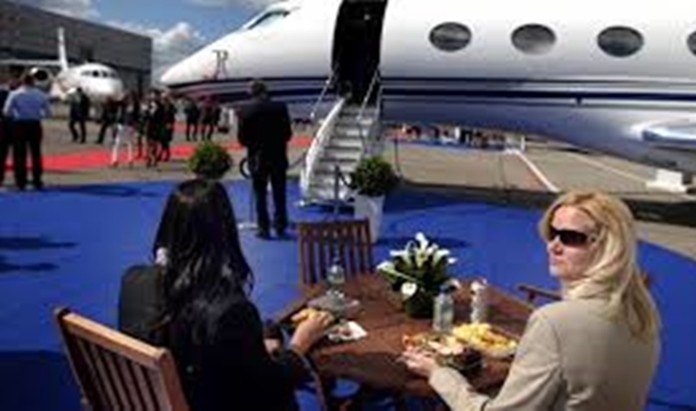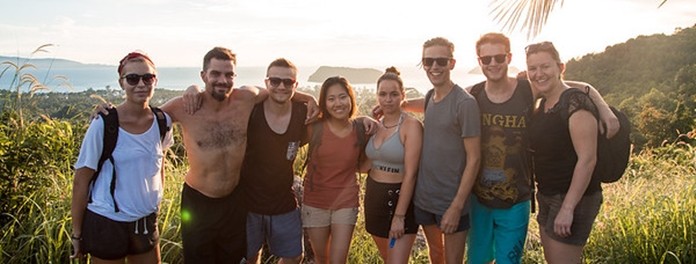
On the face of things, Thai authorities have now loosened up a lot about the categories able to apply for that vital Certificate of Entry from a local Thai embassy. Diplomats, existing and potential work permit holders, students, those seeking significant medical treatment, permanent residents (the ones whose passport does not have a visa end date) and foreigners with Thai spouses or dependants have long been on the OK list. That assumes, of course, they have the relevant documentation, health clearance, proof of quarantine payment and the mighty medical insurance cover of at least US$100,000.
Over the past month or so, the list has been broadened yet again. Elite card holders, short-term business people, foreign owners of Thai property and even retirees can now fill in the forms and lodge them at the relevant embassy. Although the Thai government has always been clear that embassies will handle applications on a case-by-case basis, the diplomatic posts all give the impression that each category is given equal weight at decision time. In the words of the porky Napoleon in George Orwell’s Animal Farm, all animals are equal. The problem might be that some are more equal than others.

Take the Elite card for example. Although the Centre for Covid-19 Situation Administration (CCSA) has recently cleared 500 members for entry application, Facebook’s group “Elite Members-Stuck-Outside-Thailand” with almost 3,700 members continues to claim that the vetting process is unfair. There are suggestions that clearance is being refused in countries with higher-than-average infection rates, or that foreigners with Thai wives and families are being told to apply through another permitted category rather than Elite.
There is no doubt that the Thailand Privilege Card Co (TPC) is currently making a mammoth effort to improve membership of the Elite programme. Thus any foreigner who owns a property in Thailand in his or her own name now is a candidate for Elite, but the small print adds that you must additionally show at least three million baht in a Thai bank (or in bonds) and a further 500,000 baht in foreign currency equivalent in a home-country bank. Of course, this excludes someone who owns a 20 million baht condominium, but doesn’t have the other cash requirements.
The latest Elite marketing tool is the Elite Maxima Health offering a five-year membership and five million baht in health insurance coverage plus wellness privileges and all for a modest 1.5 million baht. The actual health insurance part of the deal is actually controlled by Pacific Cross plc and the small print of their regulations is worth noting. The company will not take initial applications from anyone aged over 75, nor from any foreigner who spends less than six months a year in Thailand. Pre-existing conditions are another potential problem. As the Romans said, caveat emptor or buyer beware.
Other concerns about entry procedures include claims that some work permit holders are having embassy trouble if their permission requires them to leave Thailand every three months to renew their “B” non-immigrant visas: but the borders are still closed and visa runs impossible. Some stranded foreigners in Europe say they have evidence that preference is being given to Asians who are seeking the O/A retirement visa or are seeking hospital treatment for cosmetic surgery. Of course, is impossible to verify these social media-based claims.
Meanwhile, ordinary leisure tourists are still forbidden unless, perhaps, they have the resources to fly in by private jet which remains an under-reported loophole. Although the Special Tourist Visa (STV) was approved earlier this month, it’s now clear that it applies only to tiny numbers of specially-approved charter-plane groups on vacations, especially from China. Europeans in particular were hoping that the STV might be an individual visa allowing them to sneak in on a repatriation or semi-commercial flight. Sorry folks. The STV is tokenism.
It’s obvious that there is no easy solution for the Thai authorities and the Thai embassies dealing with macro immigration issues where demand grossly exceeds supply. But there is substantive evidence that an informal pecking order favours the super-rich over the rest of the playing field. It is true that Thailand is now reopening its gates to foreigners. A few of them anyway.

 |
 |
 |





